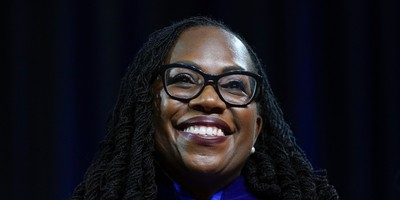Earlier this week University of Chicago Professor Luigi Zingales offered an interesting, although I suspect commonly held, reason for his conversion to supporting a new “Glass-Steagall.” For those who don’t follow banking, Glass-Steagall, passed as part of the New Deal, mandated the separation of investment and commercial banking. This reason? Professor Zingales asserts that Glass-Steagall “helped restrain the political power of banks.” More fully, he argues:
Under the old regime, commercial banks, investment banks and insurance companies had different agendas, so their lobbying efforts tended to offset one another. But after the restrictions ended, the interests of all the major players were aligned. This gave the industry disproportionate power in shaping the political agenda.
Perhaps I’m just a little slower than the good Professor, but that seems far from obvious to me. Unfortunately he offers no evidence. Recall Glass-Steagall was finally repealed in 1999. I served on the Banking Committee staff from 2001 to 2009, with a year’s break. While I don’t have the best memory, I can recall no major legislation between 1999 and 2009 that either deregulated or gave massive benefits to the largest banks. There were, however, several pieces of legislation that hurt the banks. Highlights include Sarbanes-Oxley, financial reporting requirements under the Patriot Act, and the Fair and Accurate Credit Transactions Act. None of those were favorable towards banks. You could argue bankruptcy reform in 2005, but its hard to imagine anything beyond that.
I suspect Zingales’s views are colored by his growing up in Italy, a parliamentary system. Ours, however, is a system of geographic representation. What matters most for politicians is their constituents. Under a system of geographic representation, a system of small banks is likely to have more political pull than a system of large banks. Why? Because a small banker will have more pull with his congressmen than a large out-of-state bank. Anyone who thinks that say JP Morgan has a lot of pull has never gone up against the Independent Community Bankers of America (ICBA). Believe me, from having been in those fights, ICBA makes JP Morgan look politically weak (just read all the small bank exemptions in Dodd-Frank).
Recommended
Perhaps the most compelling evidence to me is that most of the really bad features of our financial regulatory system were the result of lobbying efforts by small banks. Such disasters as Fannie Mae, Freddie Mac, the Federal Home Loan Banks, the FDIC, or restrictions on branch-banking (thankfully now gone) all came about from the demands of small banks. The large banks (and FDR) for instance opposed the creation of the FDIC.
Zingales also ignores that in practical politics, you can only “go to the well” so many times. The larger the number of issues a bank cares about, the actual less leverage it has on any of them. From my experience, if a Congressman has done something once for an industry, they feel less obligated to help on another issue. The most politically powerful industries are the ones with just a single issue of importance.
Now Professor Zingales may be correct, but as someone who’s spent his career fighting political battles with financial firms, it would be helpful to have some evidence.

























Join the conversation as a VIP Member